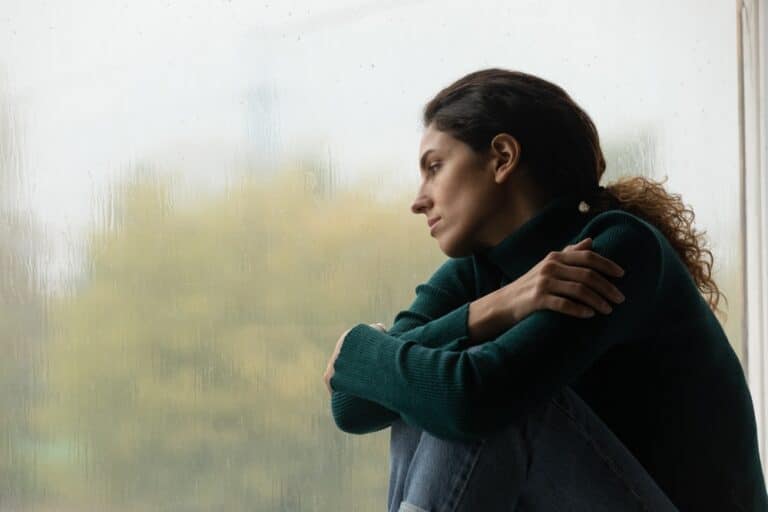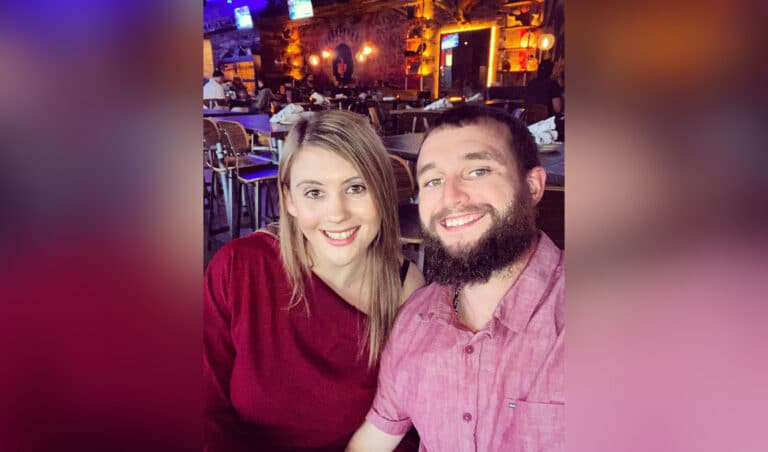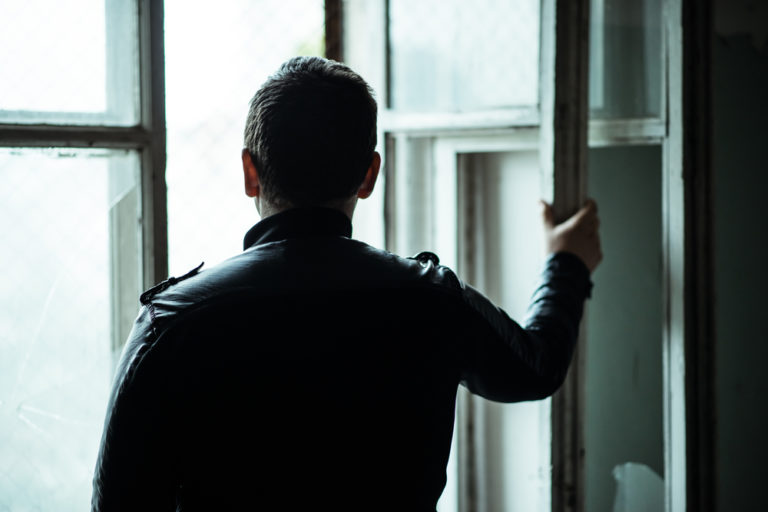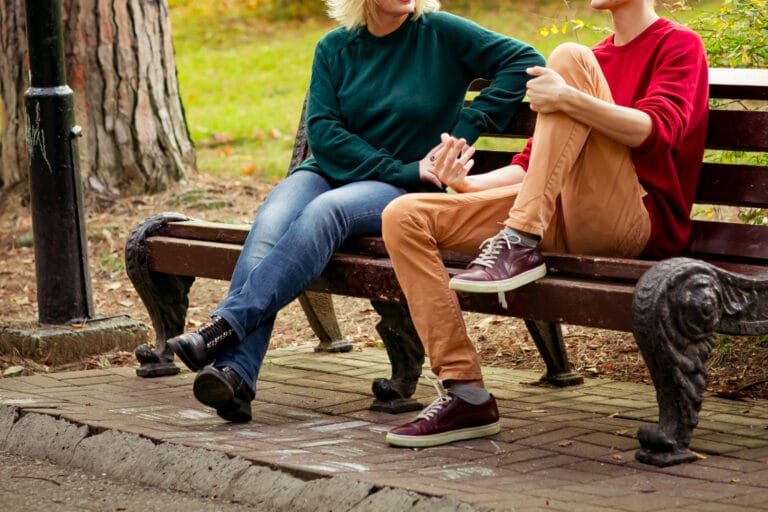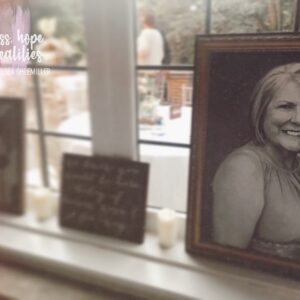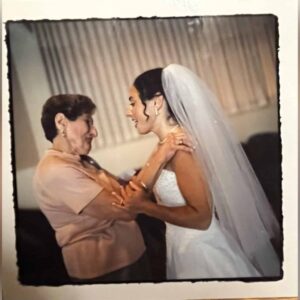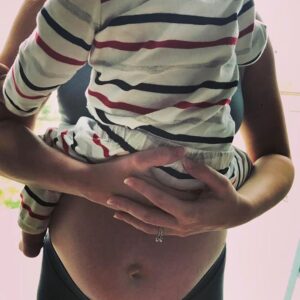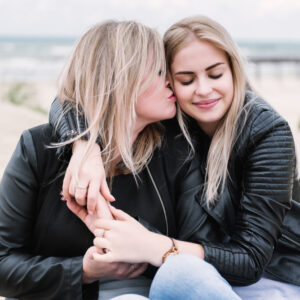At the end of his life, I didn’t like my brother. That feels awful to say. It probably is awful.
My brother died at 35 years old of liver failure. It was a long, ugly death full of prolonged hospital stays and frustration. Even before he was relegated to life support and dialysis, the disease changed him. Maybe he knew what was coming, I don’t know. When he did talk, he was rude or short or full of insults. He had withered into a mean, isolated version of himself.
Mostly, I was angry at him for refusing to change. I was angry that he was too stubborn to even try to get better. I was angry at him for putting us all through this.
I knew he wasn’t well, and I became frustrated with my mother’s optimism, with her inability to address issues the way I thought she should. I couldn’t see hope where she saw hope.
By fall, we learned the true extent of his illness. Six weeks, they said. His liver failure was acute. He definitely wouldn’t survive a transplant surgery, and we didn’t know if he would be able to get healthy enough to even be on the list. Mom drove him to every appointment. She brought him to three different hospitals to get opinions on a transplant. As a mother, I understood—if it were my kid, I’d go to the ends of the earth. As a human, I was frustrated to see her give so much to a lost cause. I wanted him to make good decisions. I needed him to show us that he wanted to live.
By November, I knew it was over. We all did—he wasn’t coherent and had spent more time in the hospital than out. Organ systems fell like dominoes, and encephalopathy claimed what was left of his personality.
In December, we had a call with a palliative care team.“This isn’t about what you would do in this situation. What would Wade have wanted?”
“He would have wanted to go home,” we agreed.
So, we let him go home. That morning, I flew to Cleveland to be with my mother and her partner. They extubated him by early afternoon. Hospice was called in—nobody thought it would be long, but they tried to prepare us for surprises. “It could be weeks,” they told us.
That turned out not to be the case. After a few hours, we went to grab food from the Panera in the Cleveland Clinic. By the time our food was ready, we got a call. “He doesn’t have long. Come back up.”
By the time we got there, he had taken his last breath. We barely fit into the ICU room, which turned out not to be a problem since we all took turns leaving to collect ourselves. The scene is forever burned into my brain—the nurses, eternally positive and trained for these moments, trying to comfort us and explain what came next. My brother’s yellow skin and swollen hands against the blue gown and white sheets. The snack basket the nurses brought, which seemed odd at the time, but I remember being grateful for the small kindness.
In the days and weeks that followed, we all grieved in our own way. Back in Atlanta, the world kept spinning. My daughter turned one less than a week after he died. I turned 40, and then the kids went back to school. My other brother threw himself into work. My mother went about life the way she used to, except she was now caring for her dead son’s geriatric dog. We didn’t talk about things too much—there wasn’t much to discuss. There would be no funeral. There was no wife, no children, no career. It was a quiet departure, and it broke us all in different ways.
I was in the car one day the week following his death, all three small children in the back seat, and my mother FaceTimed us, crying. She had finally gathered herself enough to go get some of his things and had stumbled across old letters from his friends. She read intimate messages between my brother and the small circle he had managed to isolate from, and when she finished, she only said one thing: This is the boy I fought for.
She didn’t see the brokenness and the addiction. None of that mattered because, to her, he was the 15-year-old boy who made weird things out of duct tape and filled her house with awkward but kind teenagers. He was the boy who loved his friends and his dog. All of the awful things that happened before he died couldn’t take that away.
And that, I understood. My heart breaks every time I talk about how my brother died. I wish every day that something could have changed him—that he could have discovered a life worth living. I know, though, that a mother sees her children at their best. That is what we hang onto in the worst moments. When my mother lost a son, I learned we are all worth fighting for.

If you liked this, you'll love our book, SO GOD MADE A MOTHER available now!
Order NowCheck out our new Keepsake Companion Journal that pairs with our So God Made a Mother book!
Order Now

